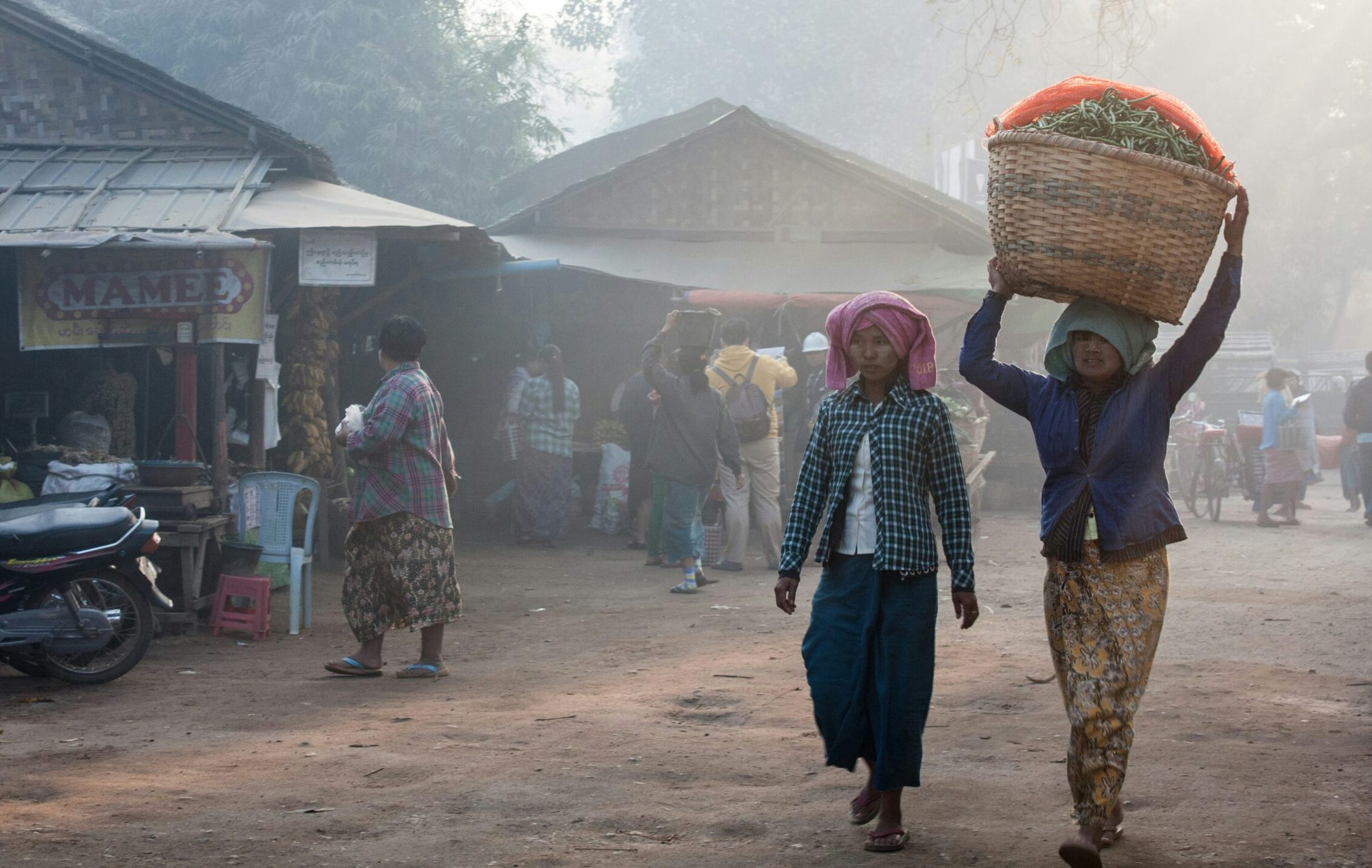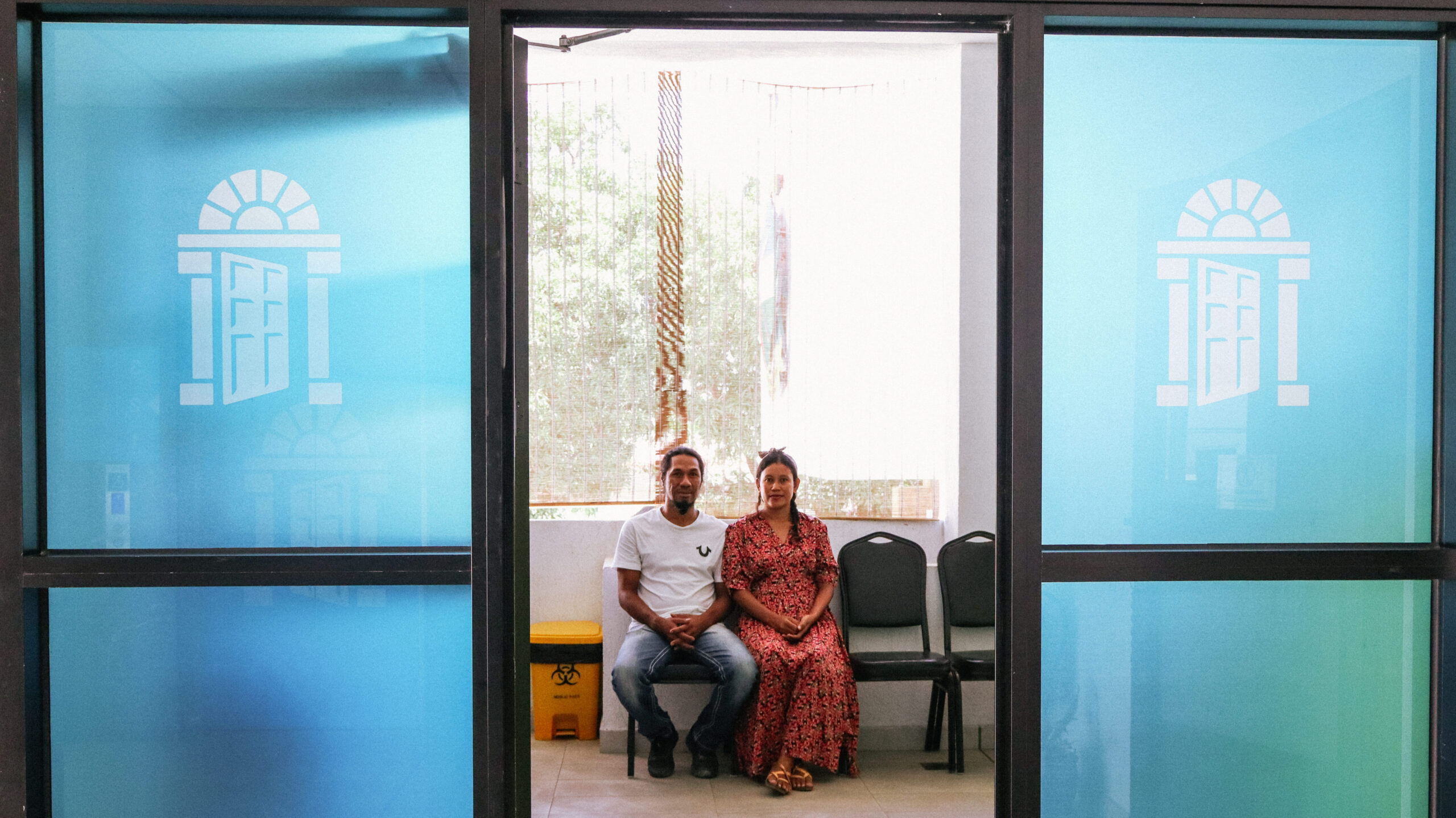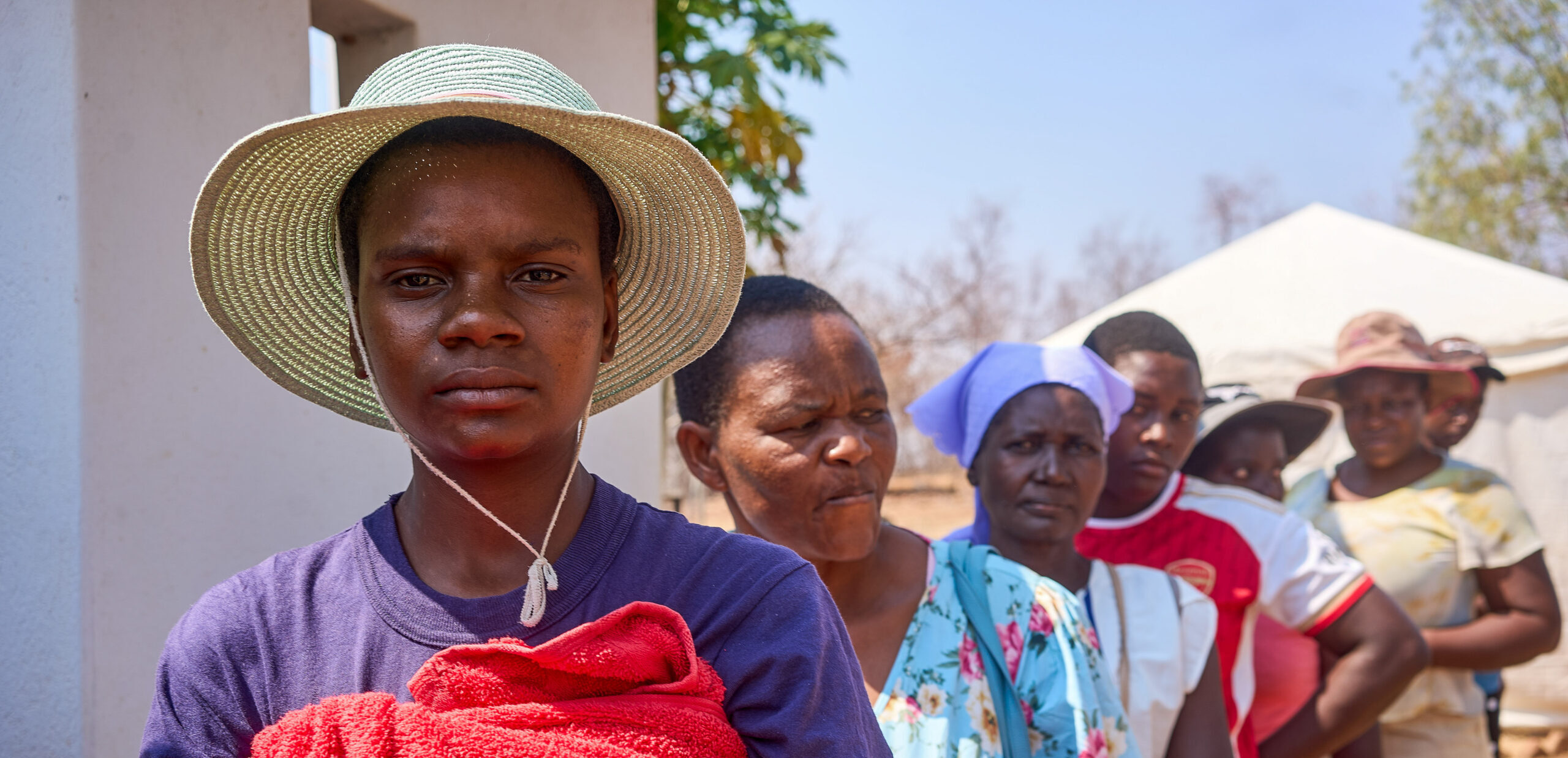Celebrating International Women’s Day 2025
International Women’s Day is a global day to celebrate women, and a rallying call for everyone to do their part to accelerate gender equality. With women’s rights at risk around the world, we’re taking the opportunity to share the stories of five women fighting for gender equality globally.
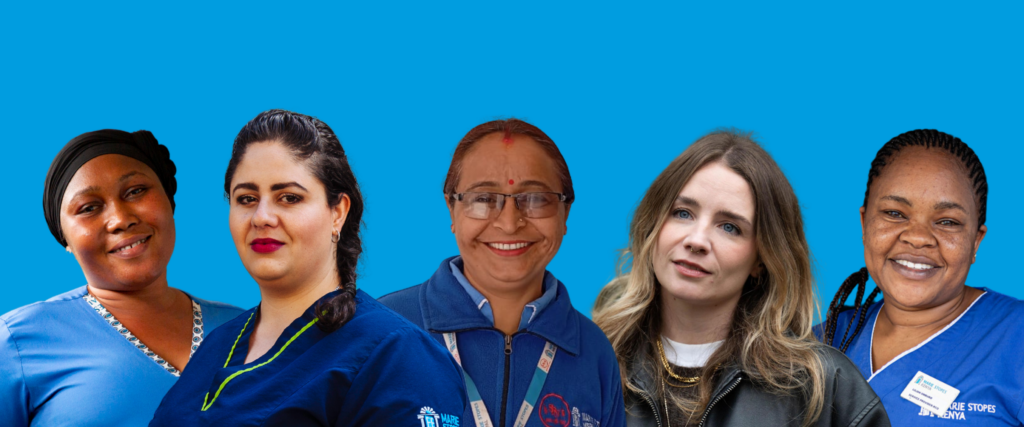
Why is International Women’s Day important?
The importance of International Women’s Day lies in its power to spark change, amplify voices, and highlight the urgent need for gender equality worldwide. It’s a moment to reflect on progress, but also to recognise the barriers that still exist. For millions of women and girls, the fight for their rights is far from over, and International Women’s Day is a crucial reminder of the work still to be done.
At MSI, we see firsthand how reproductive choice is central to achieving gender equality. When women and girls have control over their bodies, they have greater control over their futures—whether that means staying in school, pursuing a career, or making decisions that are right for them. International Women’s Day isn’t just about celebration; it’s about demanding a future where every woman has the freedom to make those choices.
International Women’s Day and gender equality
Reproductive choice and gender equality go hand in hand. Without reproductive freedom, true equality remains out of reach. Access to contraception and safe abortion care enables women and girls to participate fully in society—free to plan their futures on their own terms.
As the women below tell us through their own stories, gender equality isn’t possible without reproductive choices like abortion and contraception. With women’s rights at threat this year, join us in celebrating five brave women who are advancing gender equality in countries around the world, and the millions of women who fight for their reproductive rights and choices in their own ways, every single day.
If you want to take action for International Women’s Day today, you can donate to help support a woman’s reproductive choices.
Five women holding the line for reproductive rights around the world:
“I fight stigma to normalise abortion care”
– Ailish, midwife, MSI UK
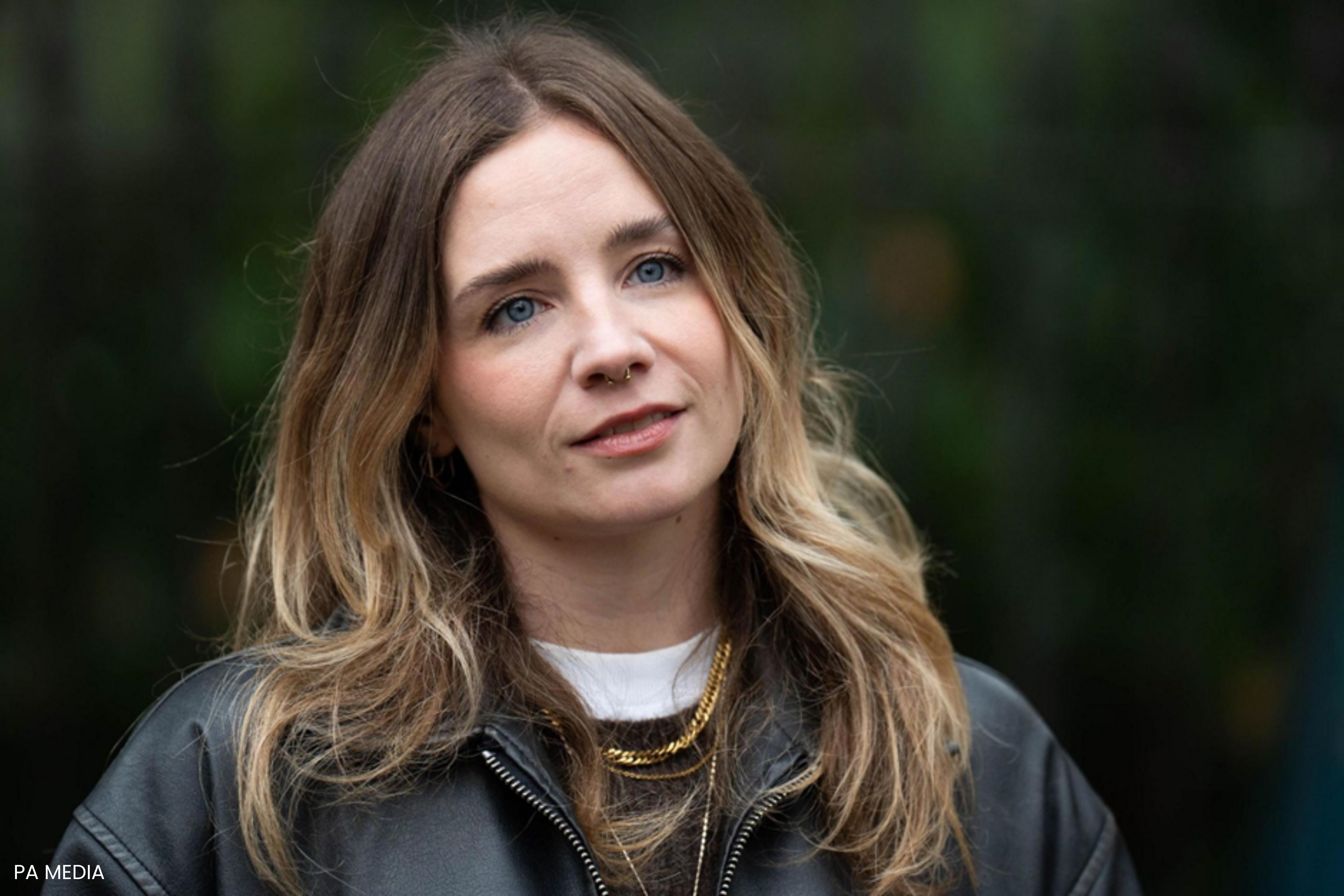
Ailish is a midwife and Safeguarding lead for MSI UK. She listens to and supports people accessing our reproductive healthcare services, making sure their safety is prioritised.
“There’s such a stigma surrounding abortion, and such a horrible burden that so many people carry around when they feel like they can’t talk about it. When you open up those conversations you can just see the weight that’s lifted off people, and I just think that’s brilliant.
“As a woman, as a mother, as someone who has access to abortion care and has had my experience, I just really want [abortion] to be seen as something that doesn’t need to be hidden or that people should feel ashamed about.
“I think that’s the main thing that I enjoy about this role – reassuring women that this is not something to be sorry about, not something to feel guilty about, not something to dwell on – this is just a life event that happens in so many women’s reproductive lives.”
“I provide reproductive healthcare so women can have children by choice, not chance”
– Susana, doctor, MSI Mexico
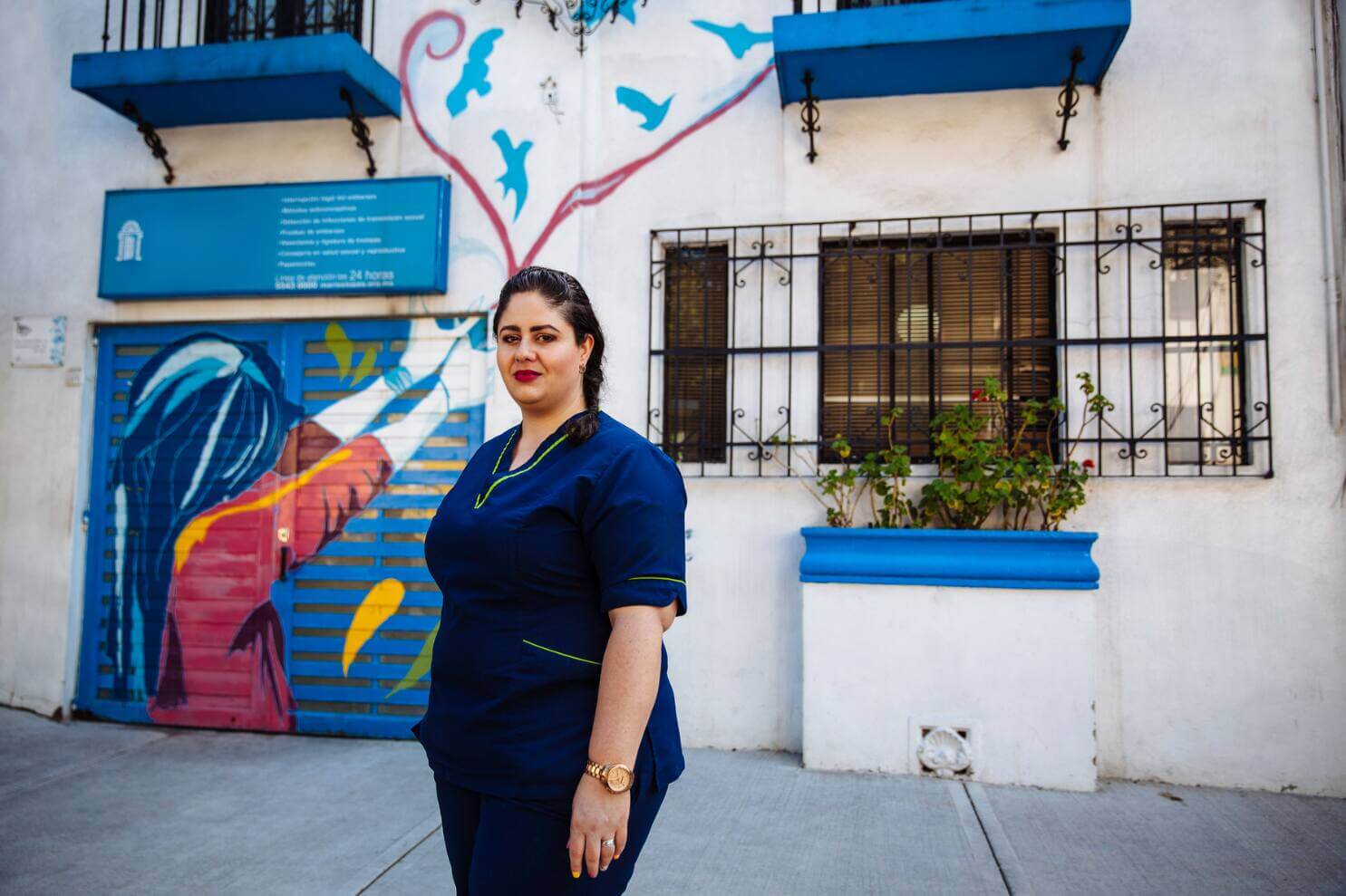
Susana is a doctor at an MSI clinic in Mexico City. She provides abortion and contraception, and advocates against the stigma surrounding reproductive choice.
“Many things motivate me: being a woman is the first of them. Mexico is still a country with “machismo” – strong masculine pride – and so women often come [to services] in secret, hoping that no one they know sees them there. Many girls tell us that ‘in my house they say it is a sin to use a contraceptive method’. Our challenge is to help them continue with their decision by removing that taboo because it is only their decision.”
“I believe that every day is an achievement. The fact that I finish a day, and a woman has been able to make her decision is an achievement for me.”
“I provide contraception and abortion so women can access power”
– Josephine, midwife, MSI Ghana
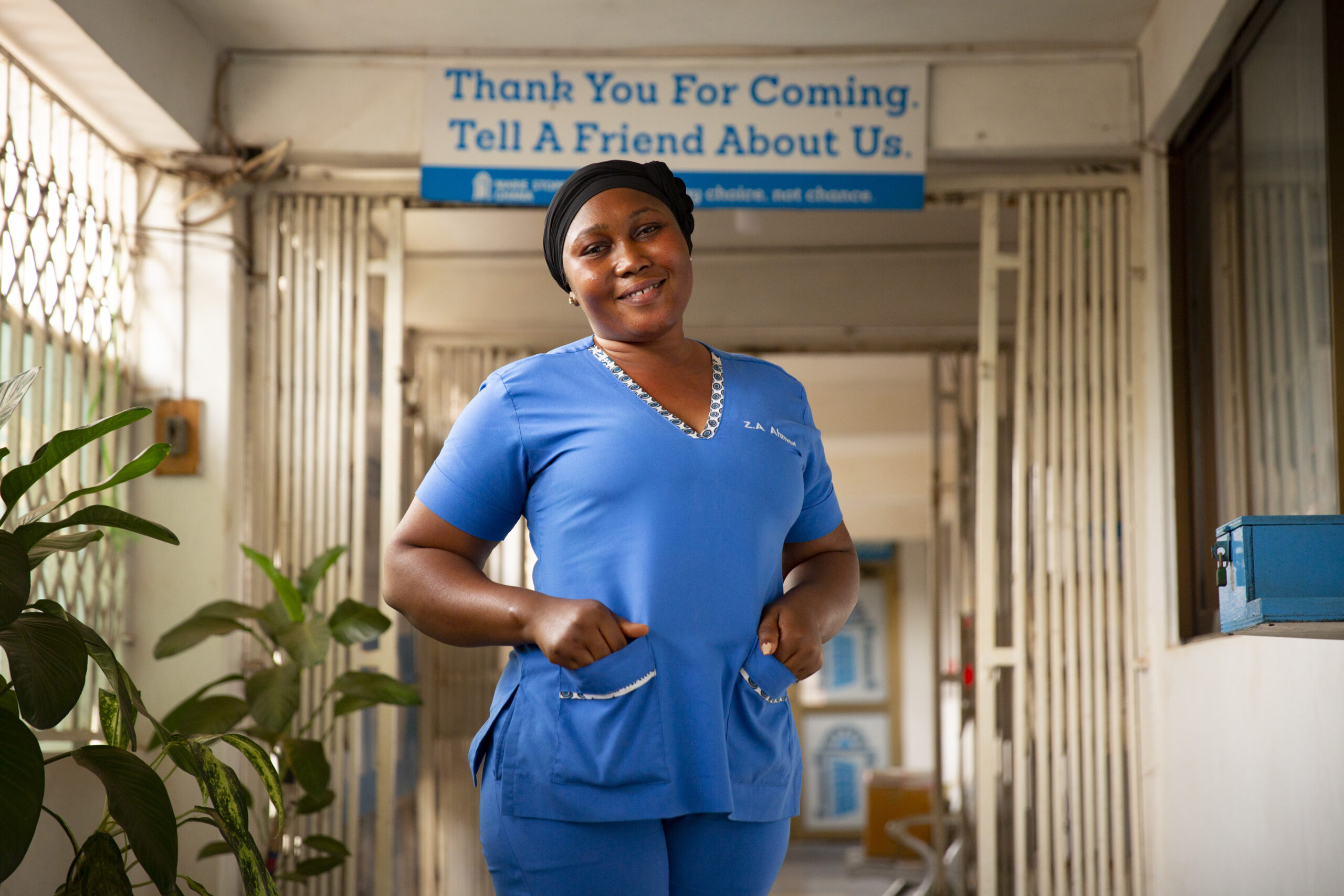
Josephine is a midwife at an MSI clinic in Kumasi, Ghana. She counsels women on their reproductive healthcare options, including contraception, abortion and STI treatment.
“MSI helps women, and I want to help women too. I was inspired to work in sexual and reproductive healthcare from looking at the high mortality rate from unsafe abortion.
“Some people go out and buy bottles to grind up and eat, because they think it’s going to end their pregnancy. Then there are other unsafe methods, which can lead to infection, sometimes leading to death.
“MSI reaches out to all the rural areas to provide contraceptive services. So maybe if someone is in distress, or having a situation, they know that they have a place to go. And that is MSI. We will provide a safe place and procedures. I’m so proud of the work we do.
“My hope is that every woman has the opportunity to choose their reproductive healthcare and contraception, because it will help them. If they are in school, they can continue. Married women can space their children, go out to work and support their family. If every woman has the opportunity to access their reproductive choices, there would be change. They would get power.”
“I provide abortion to save women’s lives”
– Shanti, nurse, MSI Nepal
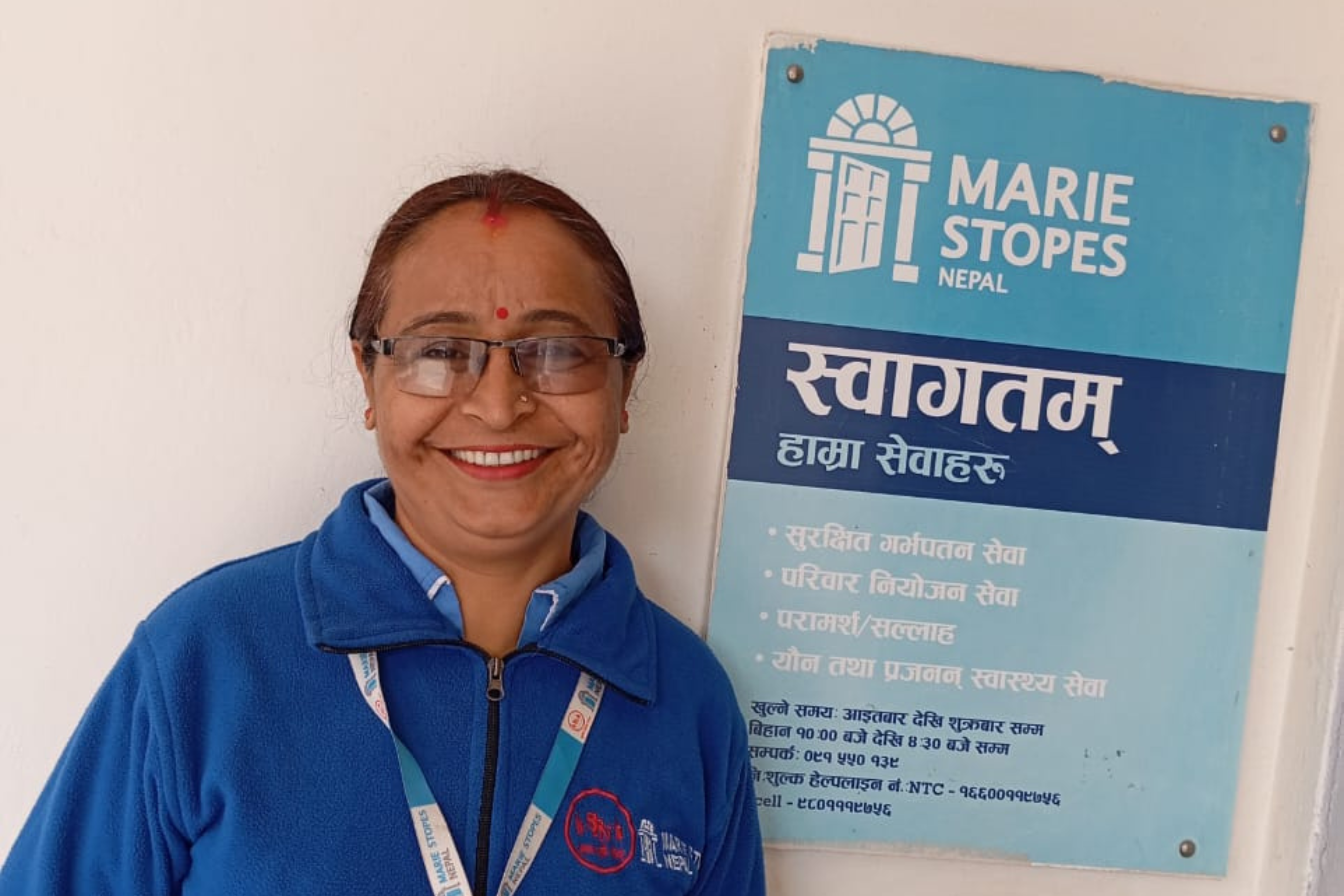
Shanti is a nurse for MSI Nepal. She provides reproductive healthcare including abortion.
“I see women every day who are conscious about their career, family, economic status and their dreams. They come to me seeking an abortion because they want the future that’s right for them.
“These are the lucky ones. For one, they live in Nepal — where abortion laws are liberal and the government supports it. For another, they have found MSI, which means they’ll receive safe and quality abortion care.
“Some are not so lucky. They might instead find unauthorised ‘abortion providers’ — there’s even one across the street from our clinic trying to lure clients in. They are not safe or quality. I was saddened to hear about a woman who recently died from heavy bleeding in one of these places. Some women even take things into their own hands, using unsafe methods to abort their pregnancies.
“I’d love for everyone to know about their rights and where they can seek safe services.”
“I provide reproductive healthcare to empower women and communities”
– Esther, doctor, MSI Kenya
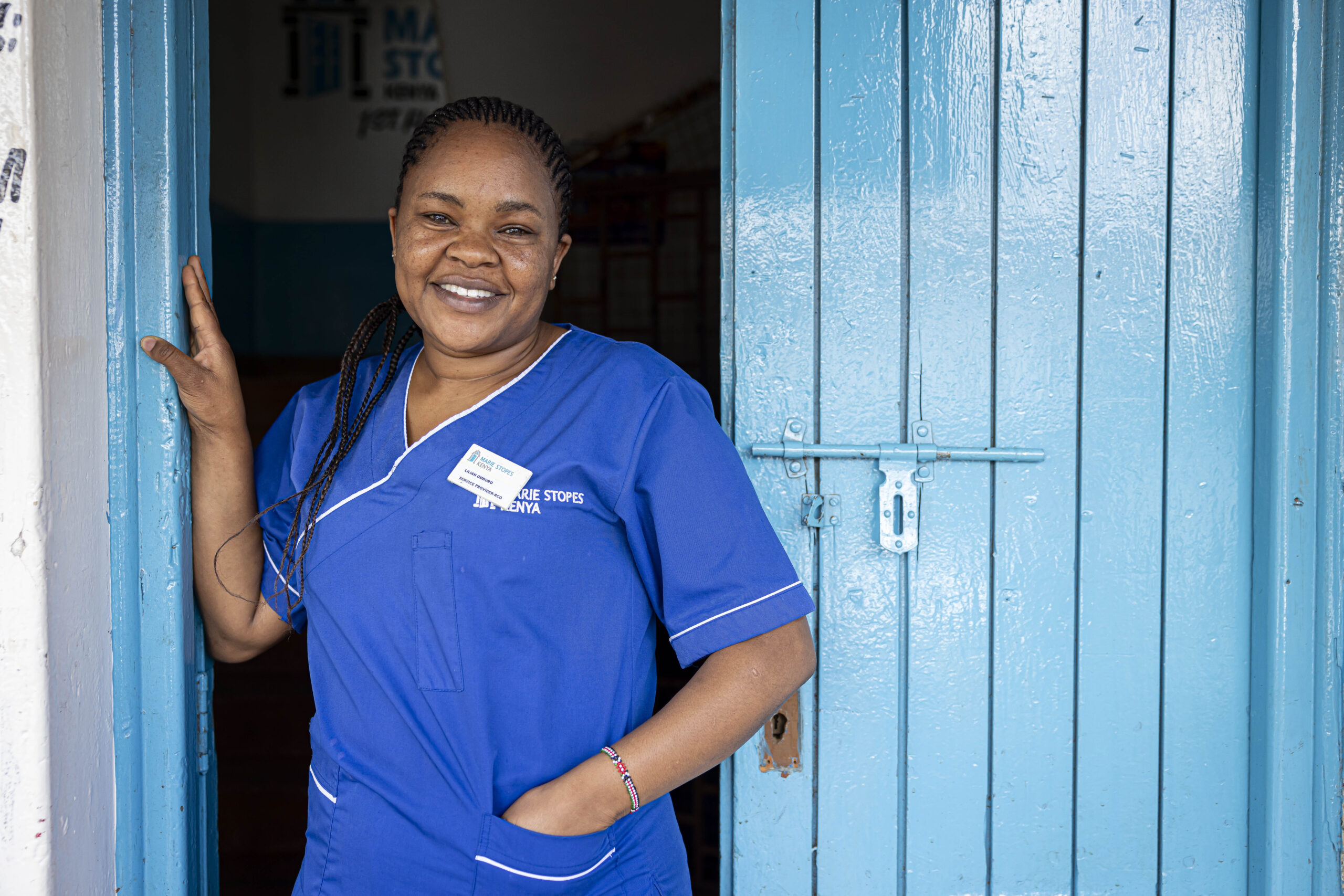
Esther (pseudonym) is a doctor at an MSI clinic in Nairobi, Kenya, where she provides sexual and reproductive healthcare.
“My sister’s friend died from an unsafe abortion when she was just 15 years old. She didn’t want her parents to know she was pregnant, but the drugs she was given failed. By the time I saw her she had been bleeding for a whole week and her abdomen was swollen. When she got to the hospital there was nothing they could do. From that moment I knew I wanted to be a doctor to make sure that girls have the information they need.
“When you see that happen to someone close to you, it drives home how important it is to be able to get accurate information and contraceptive services. When I was at school, it was forbidden to talk about sex. I was just told to stay away from boys and abstain from having sex. Nurses would tell us ‘You are a young girl, you should be at school, why do you want family planning?’
“If a girl walks into my clinic today and tells me she is sexually active she wants contraception, I will give it to her, because I know what it means for her life. Access to sexual and reproductive healthcare means safety. It means girls going to school and women achieving their goals.
“I want to serve people as I would wish to be served, because you never know how things can change. Today I am the doctor, but tomorrow I could be the patient needing the service. So that is my policy. If you are in a difficult situation and you walk into an MSI clinic I will listen and not judge you. I want to continue serving and empowering women. Because an empowered woman is an empowered community.”
At MSI, we trust women to make the decisions that are right for their health, lives and futures. We deliver choices and put power in our clients’ hands.
But only 57 percent of women around the world are able to make their own informed decisions on sex and reproductive health. We’ve got to keep fighting to ensure that everyone has access to these life-changing choices, so that women and girls can determine their own future paths, whatever they may be.
Reproductive choice is the gateway to a gender equal world. For International Women’s Day, we’re choosing choice. Will you?
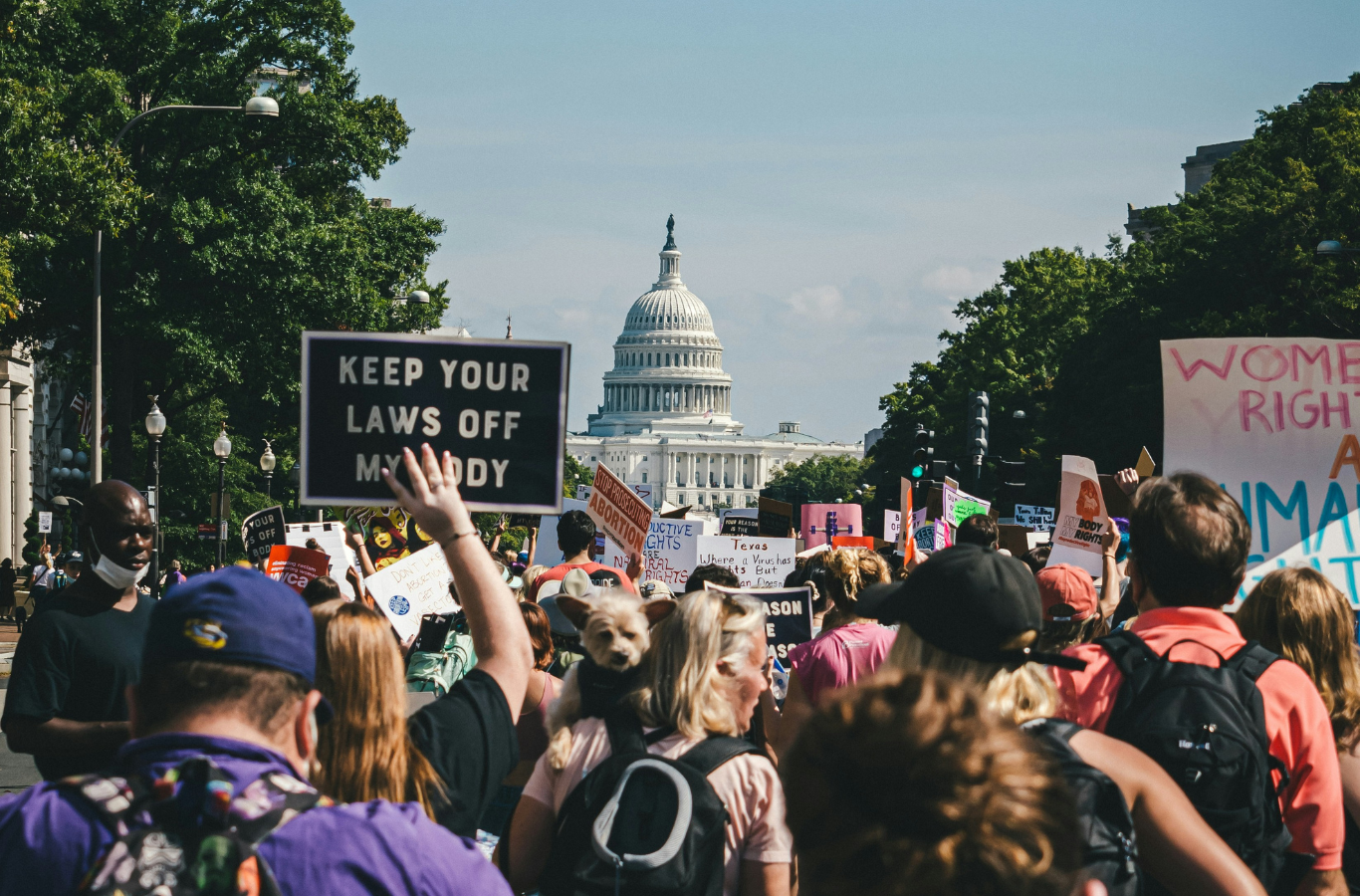
Advocating for women’s rights
Learn how we push back against harmful policies and fight for global reproductive rights.
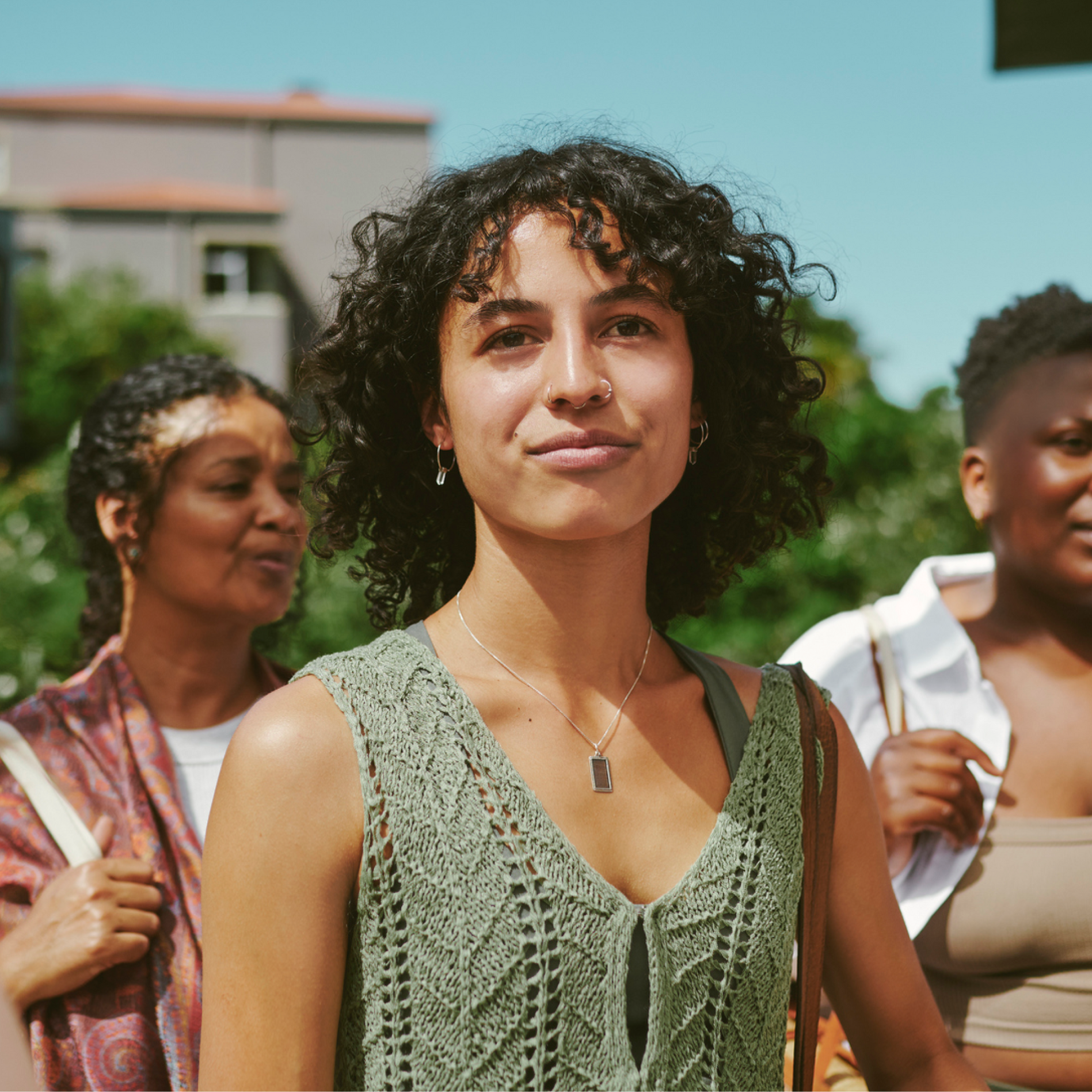
Advancing gender equality
Read more about how reproductive choice is key to building a gender-equal world.
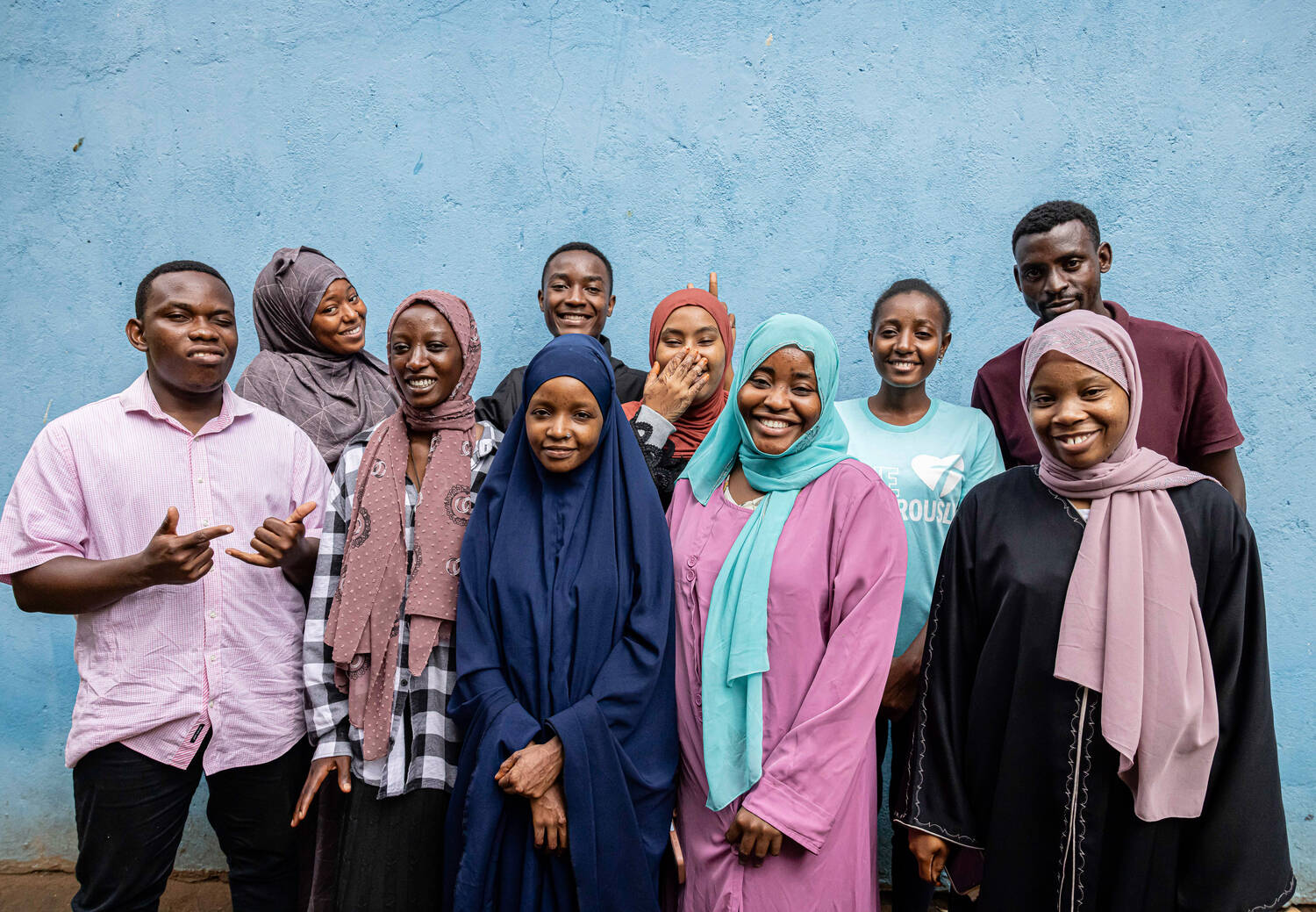
Supporting young women
Learn how we support girls to stay in school and determine their own futures.






